Bankruptcy is undoubtedly a powerful and useful tool, but it won’t solve all your problems. Bankruptcy is a legal process designed to help individuals and businesses who cannot pay their debts, giving them a fresh financial start. This right is established under federal law, and all bankruptcy cases are handled in specialized federal bankruptcy courts. One of the greatest benefits of this process is that it halts most lawsuits, wage garnishments, and other collection activities while eliminating many types of debt, such as credit card balances, medical bills, and personal loans.
However, not all obligations can be eliminated, and not all creditors are subject to these rules. For example, debts like student loans, child support, alimony, and recent tax liabilities generally cannot be discharged through bankruptcy.
What Bankruptcy Can Do for You
- Eliminate most of your debts: If a debt is “discharged,” you are no longer legally obligated to pay it, allowing you a fresh start.
- Stop foreclosure: Chapter 13 can give you time to catch up on missed payments and prevent the loss of your home.
- Prevent repossession of your car or other assets: Particularly under Chapter 13, you can protect your assets while regularizing your payments.
- Halt creditor actions and collection calls: The automatic stay legally stops collection efforts during the bankruptcy process.
- Restore essential utility services: It prevents the termination of services like electricity or water due to unpaid bills.
What Bankruptcy Can’t Do
- Protect all your assets: In Chapter 7, non-essential assets that are not protected by exemptions may be sold to pay creditors.
- Eliminate secured debts: While bankruptcy can discharge the obligation to pay secured debts (like a mortgage), creditors can still exercise their lien rights to repossess collateral (e.g., a house or car).
- Cancel non-dischargeable debts: This includes child support, alimony, student loans (except in extreme cases), criminal fines, and certain tax debts.
- Avoid the consequences of fraud: If a debt is related to fraud and the creditor proves it in court, it will not be eliminated through bankruptcy.
How to Navigate the Bankruptcy Process
While bankruptcy is a powerful tool, it has limitations. Choosing the right chapter and meeting all the requirements is essential to maximizing the benefits of the process. For this reason, it’s crucial to seek expert legal guidance to help protect your assets and address your case effectively.
At Pagan López Law, we have the experience to analyze your specific situation, guide you through the process, and ensure that you select the chapter best suited to your needs. Contact us today for the support you need to take control of your financial future with confidence.





